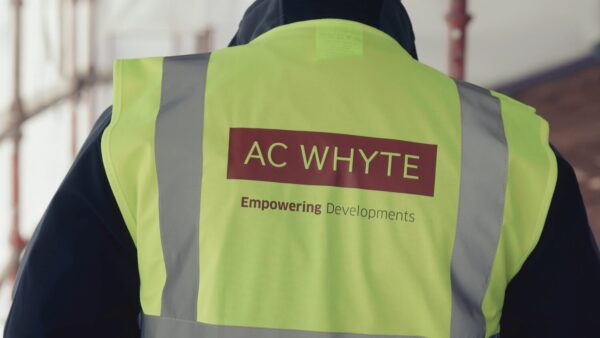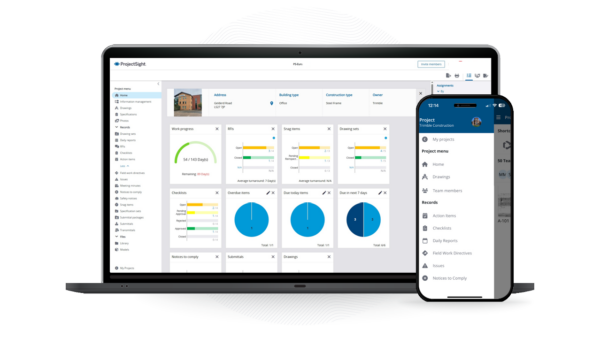
With razor-thin profit margins and rising pressure to cut carbon, construction companies face a critical choice, according to Brittany Harris and Jade Cohen of Qflow: either chase unstructured sustainability initiatives or unlock far greater gains by improving operational efficiency.
In an industry where profit margins typically hover between 2%-3%, construction companies cannot afford to overlook any opportunity for financial improvement. While sustainability initiatives often dominate industry conversations, the most significant opportunity to enhance both profitability and environmental performance lies in operational excellence - a fact that remains surprisingly under-appreciated across the sector.
The hidden cost of operational inefficiency
The financial impact of poor waste and materials management is staggering. Industry estimates suggest that UK construction companies lose approximately £14bn annually due to operational inefficiencies. At the heart of this problem lies data quality: approximately 95% of delivery tickets and 75% of waste records are incomplete or inaccurate.
Register for free or sign in to continue reading
This is not a paywall. Registration allows us to enhance your experience across Construction Management and ensure we deliver you quality editorial content.
Registering also means you can manage your own CPDs, comments, newsletter sign-ups and privacy settings.
















